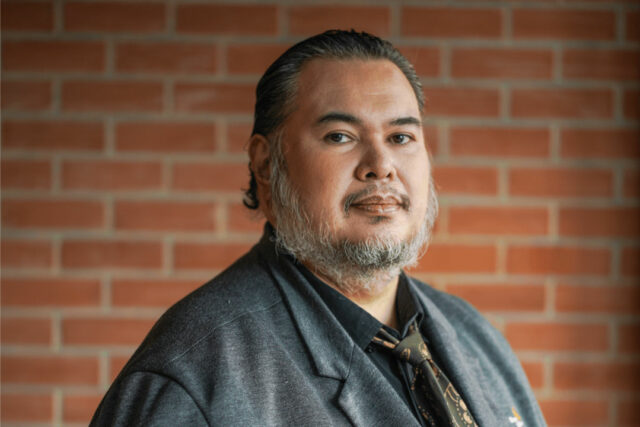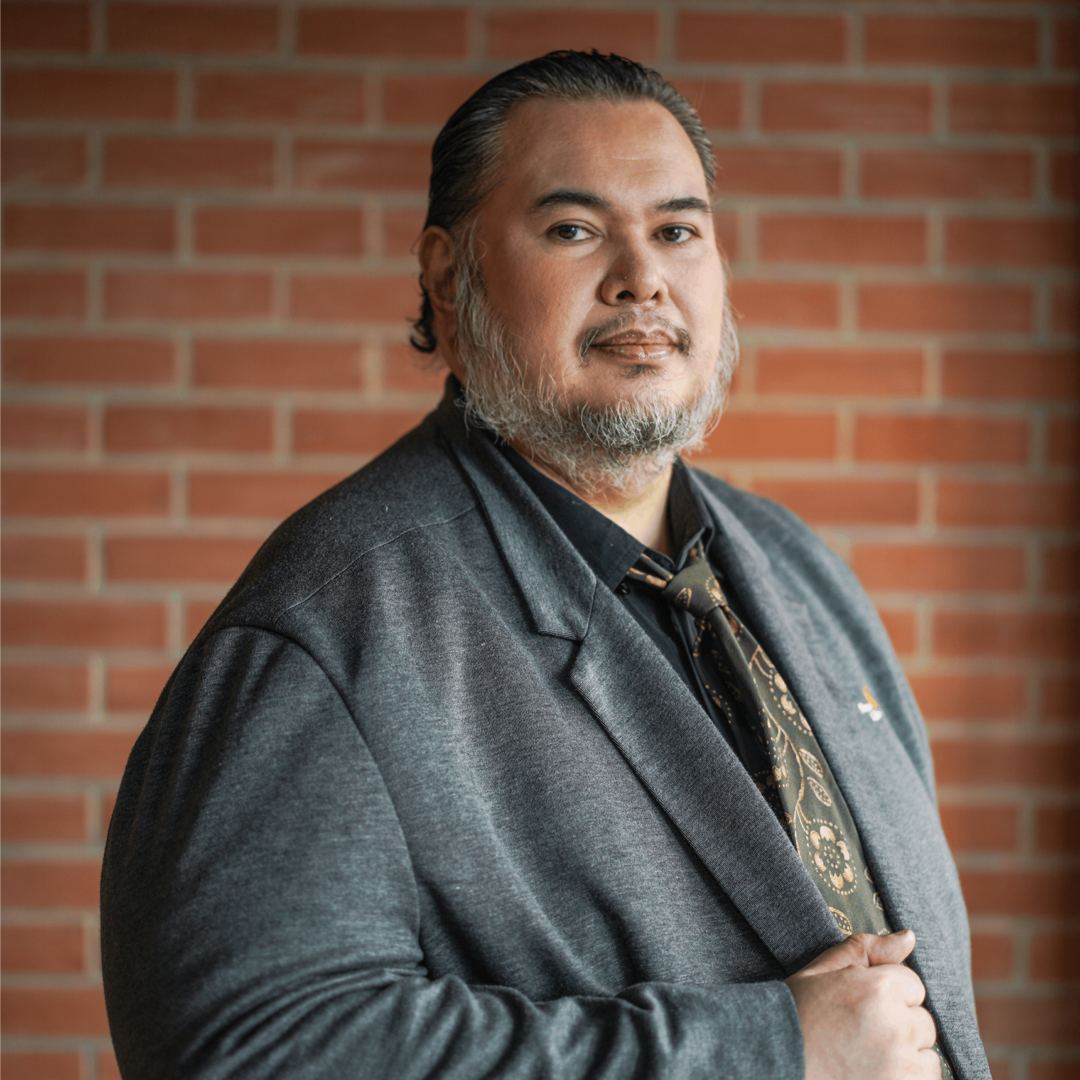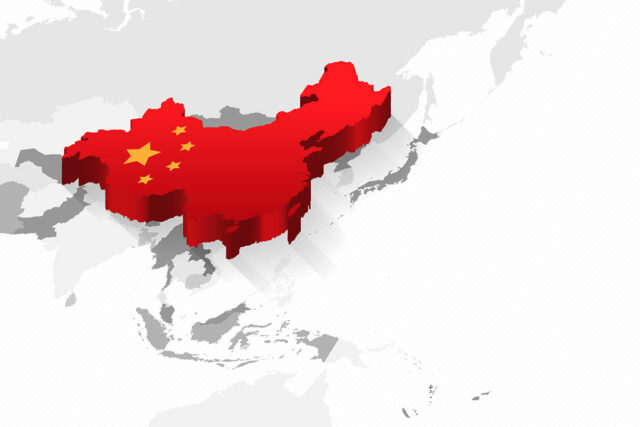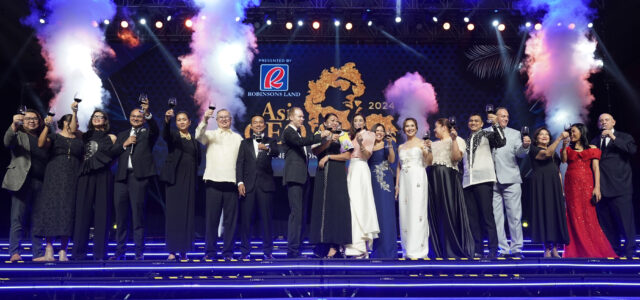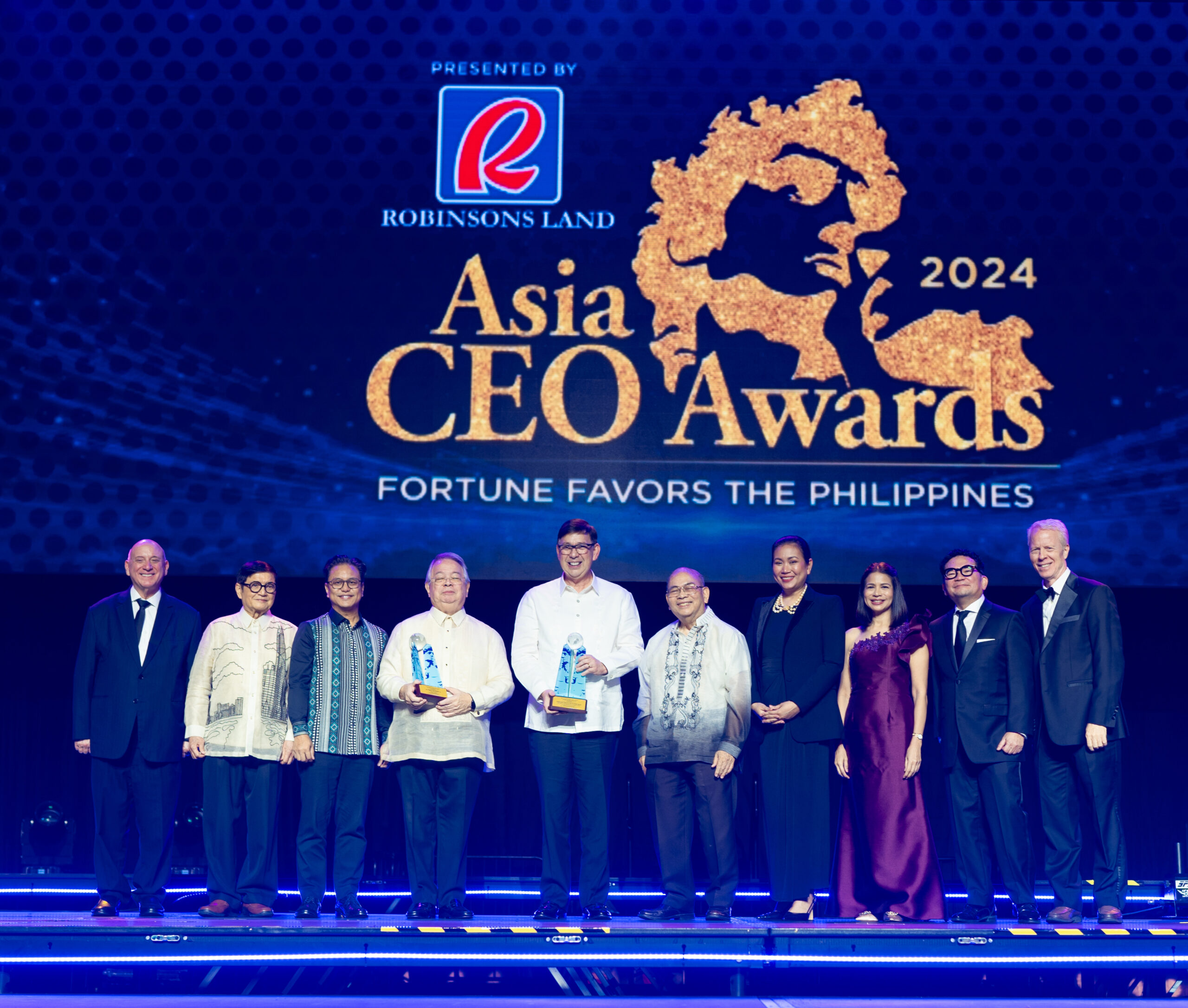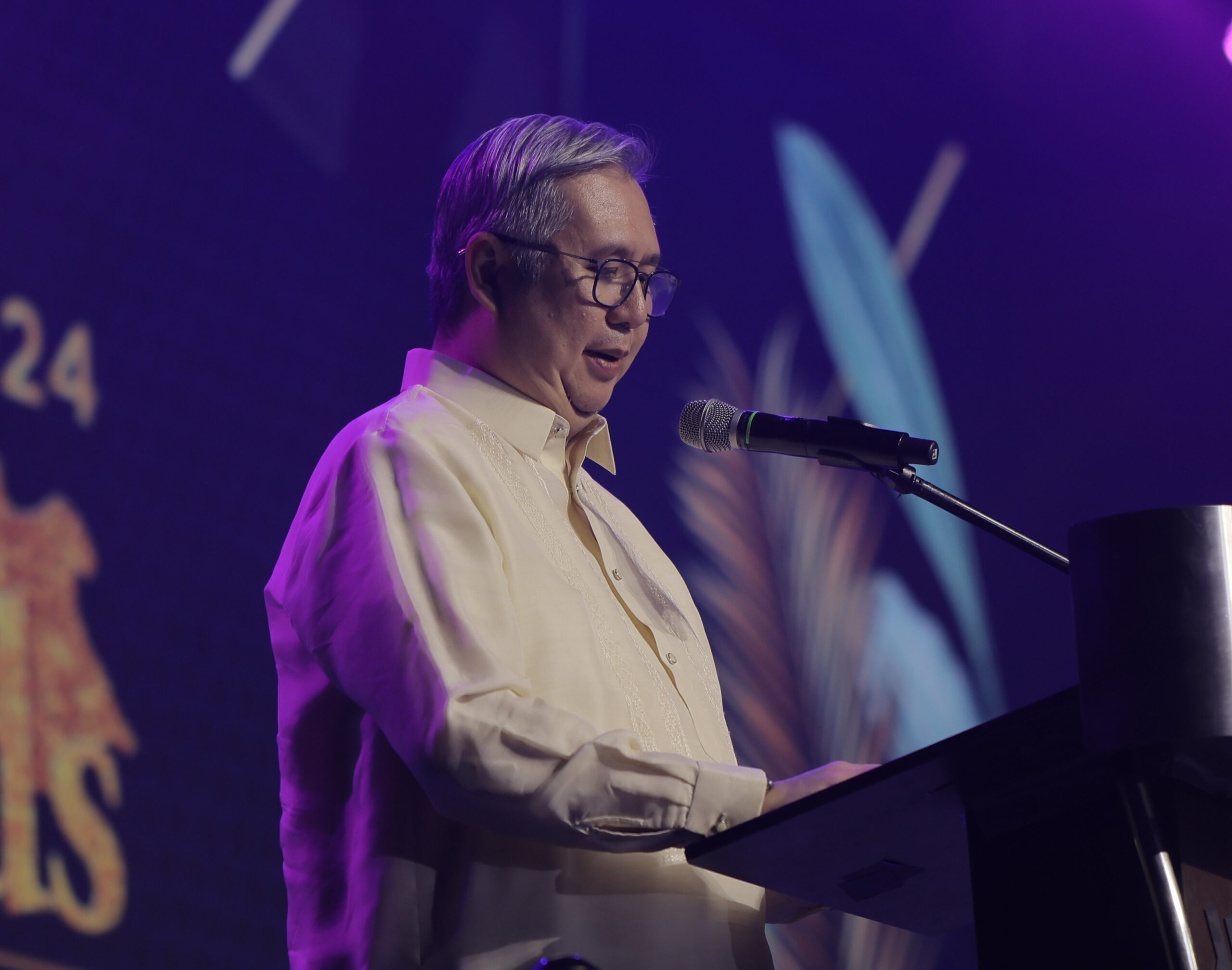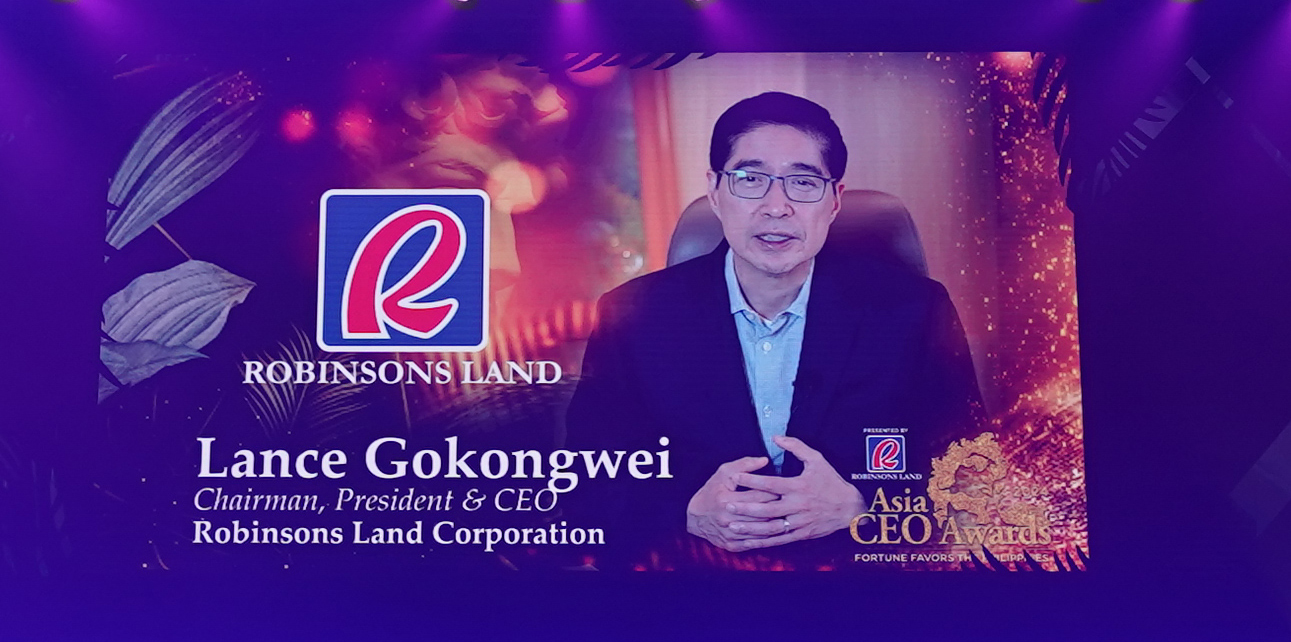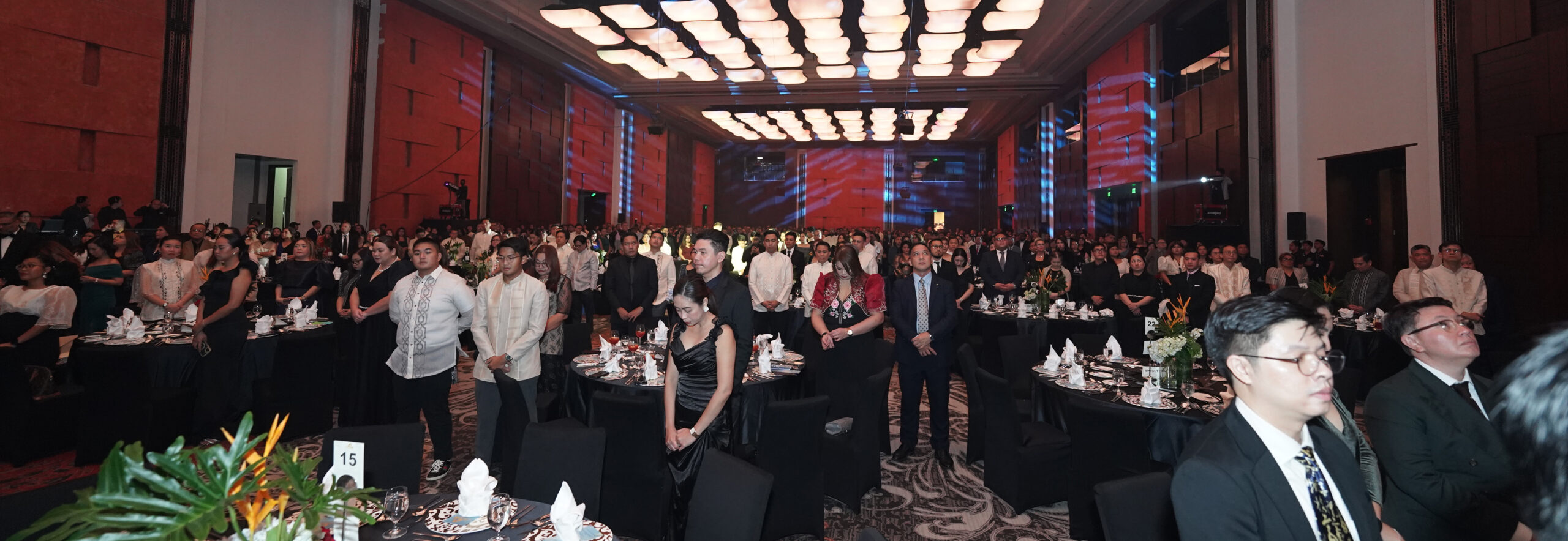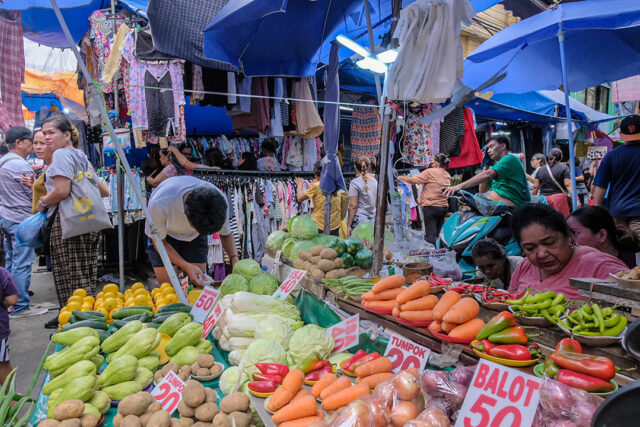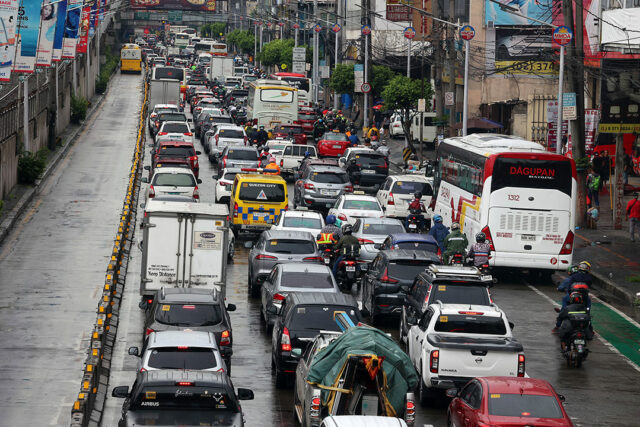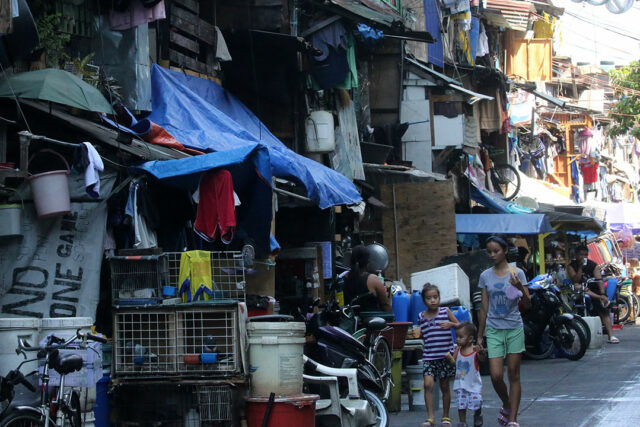By Kyle Aristophere T. Atienza, Reporter
THE PHILIPPINES’ RANKING jumped nine spots in a global index on economic freedom due to higher scores in trade freedom and property rights, according to the Canada-based think tank Fraser Institute.
The country placed 59th out of 165 economies in the conservative think tank’s Economic Freedom of the World index which uses 2022 data. Its ranking improved from 68th place in the previous index which used 2021 data.
This was the Philippines’ highest placement since it ranked 57th in 2016.

The country received a score of 7.01 out of 10, a tad higher than the revised 6.93 in 2021. Its latest score was higher than the global average of 6.56.
Among Asia-Pacific jurisdictions, the Philippines lagged behind Hong Kong (8.58), Singapore (8.55), New Zealand (8.39), Australia (7.98), Japan (7.90), Taiwan (7.71), Malaysia (7.56), and South Korea (7.52).
However, the Philippines was ahead of Brunei Darussalam (6.99), Indonesia (6.96), Thailand (6.94), Mongolia (6.86), Cambodia (6.85), Vietnam (6.23), China (6.14), Papua New Guinea (6.02), Fiji (5.99), Laos (5.86), Timor-Leste (5.77), and Myanmar (4.54).
The Philippines had its highest score in the sound money category with 9.04, ranking 11th out of the 164 other countries. But it was down from 9.51 in 2021.
The country — yet again — performed worst in legal system and property rights with a score of 4.51, slightly higher than 2021’s 4.49.
The Philippine score in size of government declined to 7.83 from 7.91 in 2021. Among subcategories, it scored 8.83 in government investment and 6.91 in government consumption.
“The lesson from this is clear: a small fiscal size of government is insufficient to ensure prosperity,” Fraser Institute said. “The other areas of economic freedom — the rule of law and property rights, sound money, trade openness, and limited regulations — are also required.”
Manila’s score in the freedom to trade internationally category rose to 7.14 from 6.53 in 2021.
Its score in regulation slipped to 6.51 from 6.62 in 2021. Among sub-categories, the Philippines had its lowest score at 4.59 in business regulation and the highest score at 8.27 in credit market.
Leonardo A. Lanzona, an economics professor at the Ateneo de Manila University, said fiscal consolidation remains a key problem for the government’s economic policy.
It leads to “too much intervention in the markets,” he said in a Facebook Messenger chat.
Finance Secretary Ralph G. Recto in September said the Marcos government was on track with its medium-term fiscal consolidation program even as its debt remained at a record high due to pandemic-related loans.
“There is limited participation from the private sector as much of the economic growth is due to government spending,” Mr. Lanzona said. “Instead of the government spending directly, they should create the environment that allows greater public sector participation.”
Hong Kong topped the economic freedom index, followed by Singapore, Switzerland, New Zealand, the United States, Denmark, Ireland, Canada, Australia, and Luxembourg.
At the bottom of the list was Venezuela, followed by Zimbabwe, Sudan, Syria, Algeria, Myanmar, Argentina, Iran, Libya and Yemen.
The think tank said Ukraine (-0.94) and Moldova (-0.63) — the two nations that have either been invaded (Ukraine) or threatened militarily — saw the largest declines in ratings between 2021 and 2022.
The rating for Russia was also down (-0.30). “It may be obvious to point out, but war is very bad for economic freedom,” the think tank said.
Another important development in the index was the declining condition of Hong Kong, whose rating fell “precipitously” to 8.58 in 2022 from 9.05 in 2018.
“This is nearly half a standard deviation decline in just four years,” it said. “Thus, we continue to sound the alarm bell about signs of declining economic — and other — freedoms in Hong Kong.”
Sonny A. Africa, executive director of IBON Foundation, said the conservative index’s metrics “come from a narrow prioritization” of market freedoms and property rights, which “don’t align with a broader and more inclusive understanding of economic well-being and development.”
“This is why the so-called economic freedom scores are so inconsistent with the economic realities faced by the majority of Filipinos who remain poor and marginalized,” he said via Messenger chat.
Mr. Africa said the government’s fiscal consolidation was “evident in the distribution of the country’s declining score in size of government.”
“The relatively high score in government investment reflects the persistent emphasis on corporate-friendly infrastructure and pork barrel hard projects, while the lower government consumption reflects insufficient social services and safety nets,” he said.
“The increase in the score in the freedom to trade internationally category merely reflects continued liberalization that has worked so much against domestic agricultural and industrial development for decades,” he added.
Mr. Africa said the country’s nine-notch improvement in the index was “inconsistent” with important social indicators on a trajectory of decline.
The number of self-rated poor Filipino families has increased to 16.3 million or 59% of total families in September, while the number of households without savings rose to 19.2 million or 71% of total households in the third quarter, Mr. Africa explained, citing data from the Social Weather Stations and the central bank.
While the Philippines was ahead of Indonesia, Thailand, Vietnam, Laos, and Myanmar in the index, it has “much worse food insecurity than all these,” he said.
Mr. Africa cited a United Nations Food and Agriculture Organization report indicating that the Philippines has 44.1% of its total population suffering moderate or severe food insecurity, “which is more than the food insecurity of Indonesia (4.9%), Thailand (7.2%), Vietnam (10.8%), Laos (36.3%), and Myanmar (32%).”
“The Fraser Institute’s index focuses narrowly on market-oriented indicators such as trade freedom, property rights, and business regulation which are presumed to improve the economy,” Mr. Africa said. “In practice, these measures favor a deregulated economy that benefits large corporations and wealthy individuals at the expense of broader social development outcomes.”
In the report, the Fraser Institute noted that high-income industrial economies generally rank quite high for legal system and property rights, sound money, and freedom to trade internationally.
Their ratings were lower, however, for the size of government and regulation.





